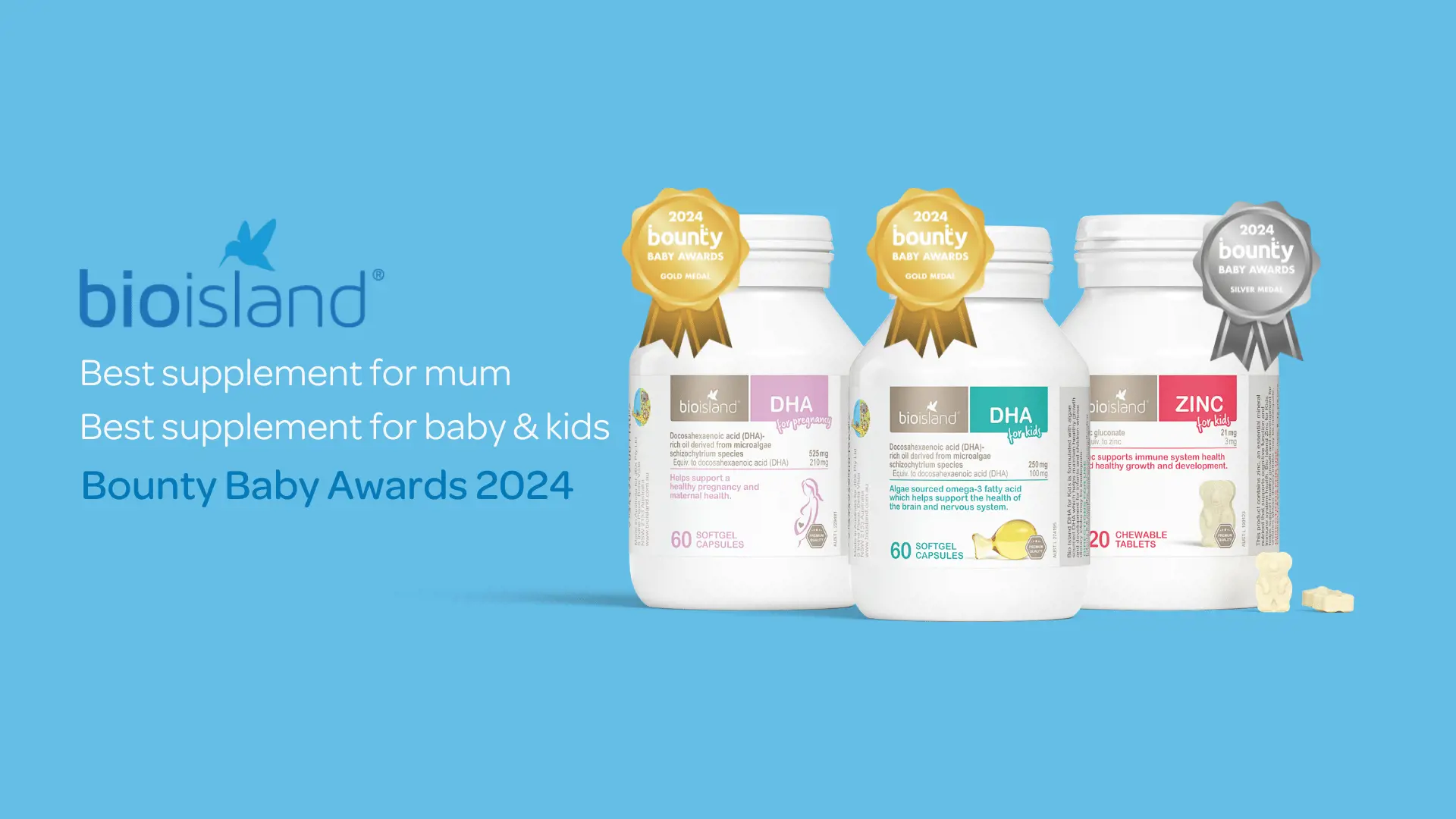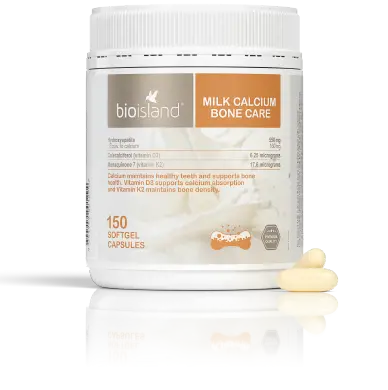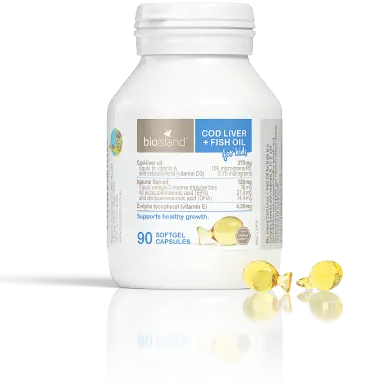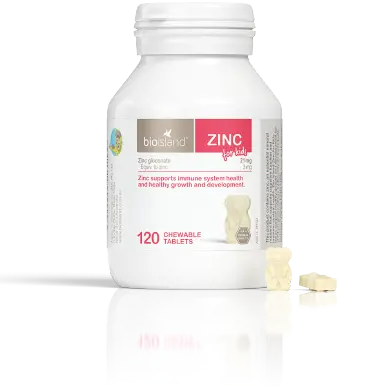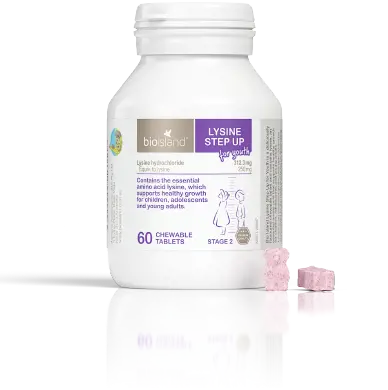
How ageing impacts your immune system
As with our other body systems, our immune system tends to get weaker with age and become less effective, although there is a lot you can do to stay healthy and keep it strong.
Health Support
By Bio Island Nutrition Team
The immune system is our body’s defence system. It protects us from foreign invaders such as cancer cells, parasites, microorganisms, and transplanted organs and tissues. What you may not know is that our immune system changes significantly throughout our lifecycle.
Newborns are born with antibodies that were acquired during gestation; they also receive more from the mother via breastmilk if they are breastfed. These antibodies help to protect newborn babies from infections while their own immune system develops.
As with our other body systems, our immune system tends to get weaker with age and become less effective, although there is a lot you can do to stay healthy and keep it strong. The medical community is still not completely sure why our immunity tends to decrease with age, but in general research shows that it becomes less effective in the following ways:
• The immune systems is less able to identify foreign antigens, making autoimmune disorders more common.
• An ageing body produces fewer immune cells, including white blood cells which respond to new antigens. As a result of this the body is less able to remember and defend against new antigens, which slows down the time it takes to heal from illness, injury, and infections.
• Macrophages do not perform as efficiently as we age. Macrophages are responsible for destroying bacteria, antigens, and cancer cells, and this may be why cancer is more common among older people.
• The body also produces less T cells as it ages. T cells remember antigens they have previously encountered so they are better able to defend against them later. Most vaccines require new T cells to work, and this why older people may not respond as well to vaccines compared to younger people.
What can you do to keep your immune system healthy?
It is important to note that not everyone’s immune system is the same, and there is much more than ageing that contributes to how a person’s immune system functions. It is really important to stay on top of your health and make sure that any current health conditions such as diabetes and arthritis are being managed in line with your doctors recommendations. Where possible, try and follow a regular exercise routine – whether it be walking, yoga, or pilates – it is simply important to move your body often as this helps to keep your body physically fit and strengthen your immune system.
Reducing your stress, getting a good quality and quantity sleep, and eating well are also extremely important when it comes to your immune health. Although there is no particular diet that has been shown to improve immunity, a varied diet full of vitamin and mineral rich foods helps to keep all of your body systems functioning at their best.
Try and stay away from sick people and avoid germ exposure where possible, and ensure you are washing your hands regularly. It goes without saying that if you are a smoker you should speak to your doctor about quitting as smoking weakens your body’s immune response and makes you more susceptible to infection.
Finally, it is important to stay up to date with your vaccines as these help to lower your risk of serious illnesses including the flu and pneumonia. Speak with your doctor to find out if you are up to date with your vaccines, or if you have any other concerns about your immune health.
This information does not take into account your personal situation and is general in nature. You should consider whether the information is appropriate for your needs and seek professional medical advice.
Always consult your healthcare professional before taking any supplements or if any concerns arise.


